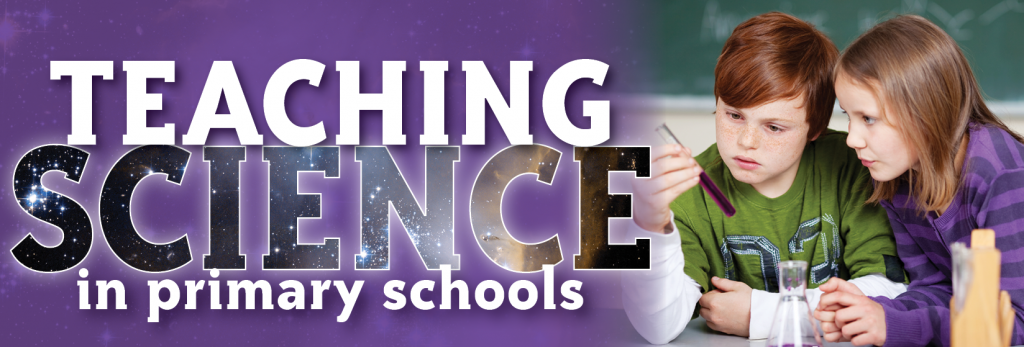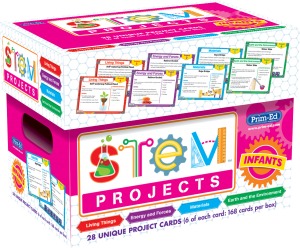
‘Jack of all trades, master of none.’ This term is often applied to primary school teachers, as most have to work within a loaded curricula. This often means that teachers aren’t able to teach all subjects as well as they would like, resulting in an adept ability to be masters of all subjects.
Science teaching in primary schools has a number of different issues:
- Low confidence teaching science because teachers do not have an in-depth understanding of the subject or how to implement it.
- Time! Subjects like science and the arts will be pushed into the background, or only taught superficially.
- Availability of resources.
- Hands-on science activities are still emphasised in schools. This means that science is taught as a stand-alone subject, and not connected to other learning areas or the pupils’ experiences of life.
There are ways to combat these issues:
- Teach science across the curriculum – pupils can make connections and transfer knowledge and understanding.
- Effective science teaching should take place in supportive learning environments:
- that are engaging with visual displays;
- that create a desire for pupils to find out something;
- where pupils have a sense of belonging; and
- where talk is encouraged to help pupils clarify their scientific understanding.
- Science teaching must be relevant to the students i.e. how it connects to their daily lives.
- Finding out what prior knowledge pupils have plays a large part in helping pupils develop sound science learning. Assessment in all forms, therefore, is another key factor in ensuring pupils monitor their own learning.
There are many of issues to contend with, but consider what learning experiences are already being provided for your pupils that may include science learning. The best advice is to ‘have a go’. Your pupils will thank you for it!
View our new STEM products here.

